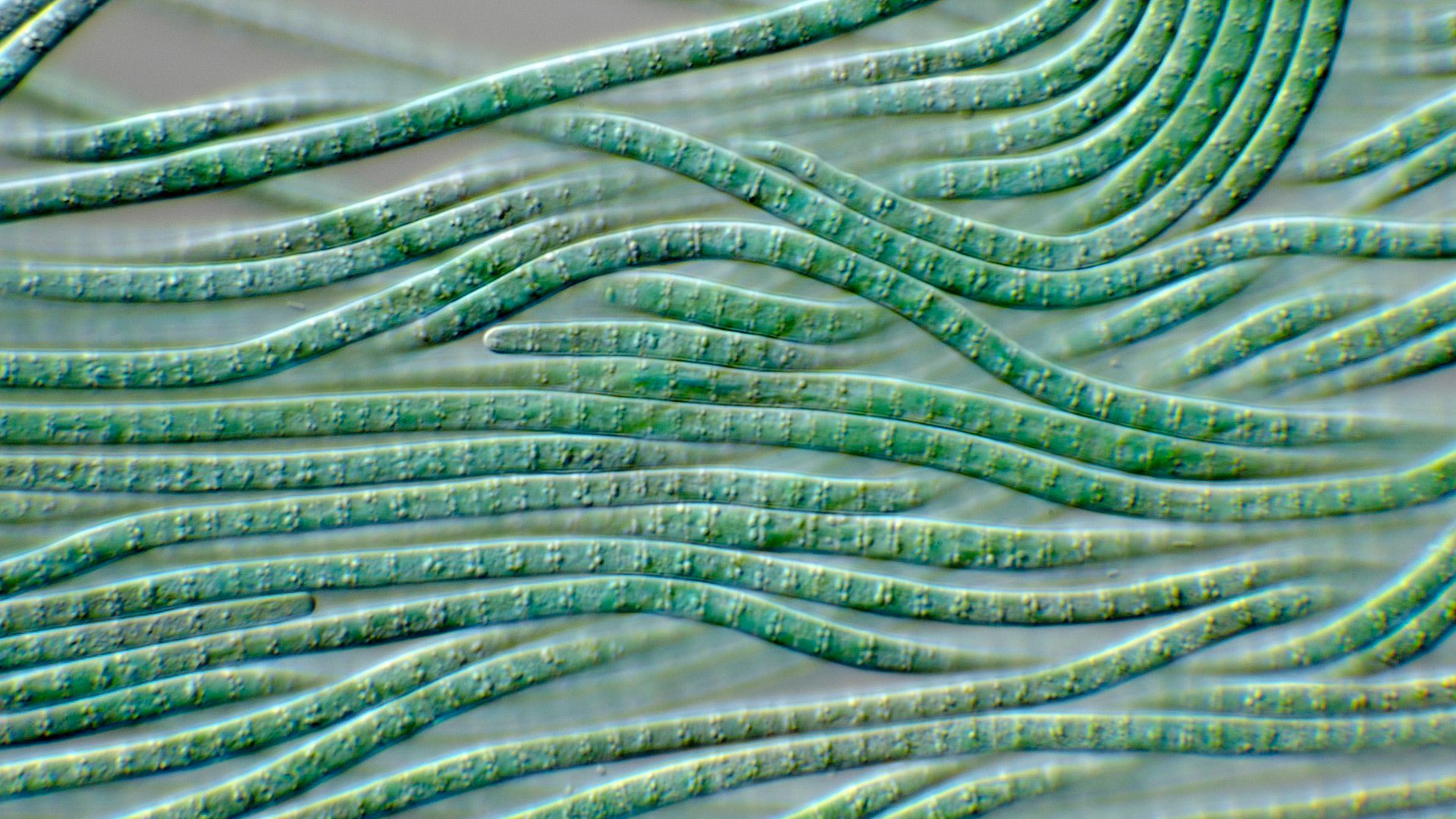In other words, there are plenty of reasons to seek out alternative fuels and reduce CO2 emissions. Researchers at Uppsala University in Sweden have grown a cyanobacteria strain of the Synechocystis species that converts CO2 and light into vast quantities of butanol. Synechocystis is a cyanobacterium, or blue-green alga, that lives in fresh water. During the daytime, these bacteria grow as a result of photosynthesis. When it grows dark, they are capable of switching to the digestion of sugars, so they can continue to grow and produce butanol even at night.
Bacterial biofuel
Butanol is a versatile fuel that is currently used mainly to produce varnish, as a solvent or as a softening agent. The first proposals to use butanol as a fuel for motor vehicles instead of petrol, without the need to modify combustion engines, originated over 10 years ago. However, attempts to make this idea a reality yielded less energy than they cost.
The Synechocystis strain developed by the Uppsala researchers could change this situation. As these cyanobacteria produce so much butanol, the substance can now be extracted on a large scale for the first time, so the benefits outweigh the disadvantages. In the near future, blue-green algae are expected to help solve part of the problems caused by excessive CO2 emissions and the scarcity of traditional fuels.
Source: Royal Society of Chemistry

